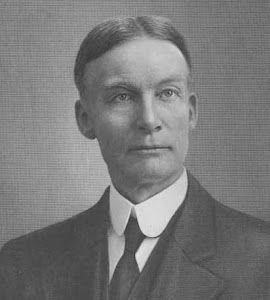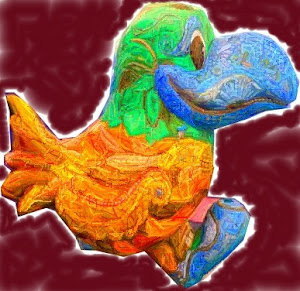
A friend who teaches Communication Studies at a different university forwarded me this story. Sociology, as a whole discipline, is skeptical of explanations for intelligence rooted in biological and genetic sources. Earlier efforts to link intelligence to genetics produced studies that seemed to justify present-day social inequality based on supposed differences in genetically-based intelligence, leading to various crackpot and racist conclusions.
“Genetics=intelligence” stories historically turn out bad for women and minorities, but sociologists reject them because (among other reasons) the quest asks the wrong questions. Case in point: Dr. Plomin and his search for the magic intelligence gene or genes. His team of researchers has a huge sample (7,000) from which they identified 37 variants in 6 genes. “But the individual effects of these genes was barely detectable.” Taken together the genes account for less than one percent of variation in intelligence.
What would a biological determinist conclude from the article? They just haven’t looked hard enough for the magic gene! Now, to be fair, mainstream print and television media routinely simplify and distort the goals and findings of research scientists, and it's possible that this research has a more immediate beneficent purpose in finding clues about mental retardation, genetically-based learning disorders, or something like that. But the way the author framed the story, and the quotations from the experts, suggests that the genetics/intelligence link is a foregone conclusion in their minds.
What do I conclude from reading this article? The researchers and the journalist reporting on their studies are asking the wrong questions about intelligence and about variations in intelligence across groups. Of course a gene cluster doesn’t account for any significant variation in “intelligence.” As a society, we reach agreements about what it means to be "intelligent," and different social groups (with varying levels of power and capacities for action) make distinctions about intelligence that reflect social criteria. Intelligence is a social construction.
Brian



No comments:
Post a Comment